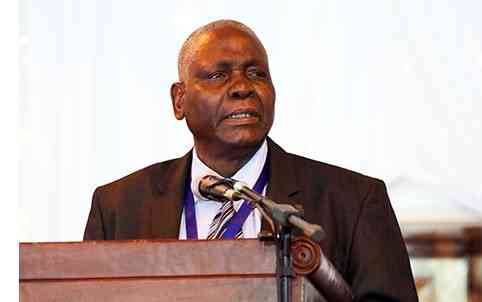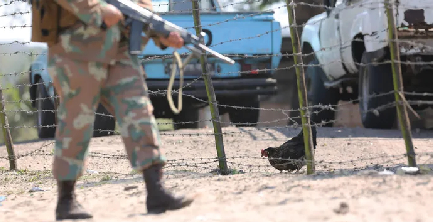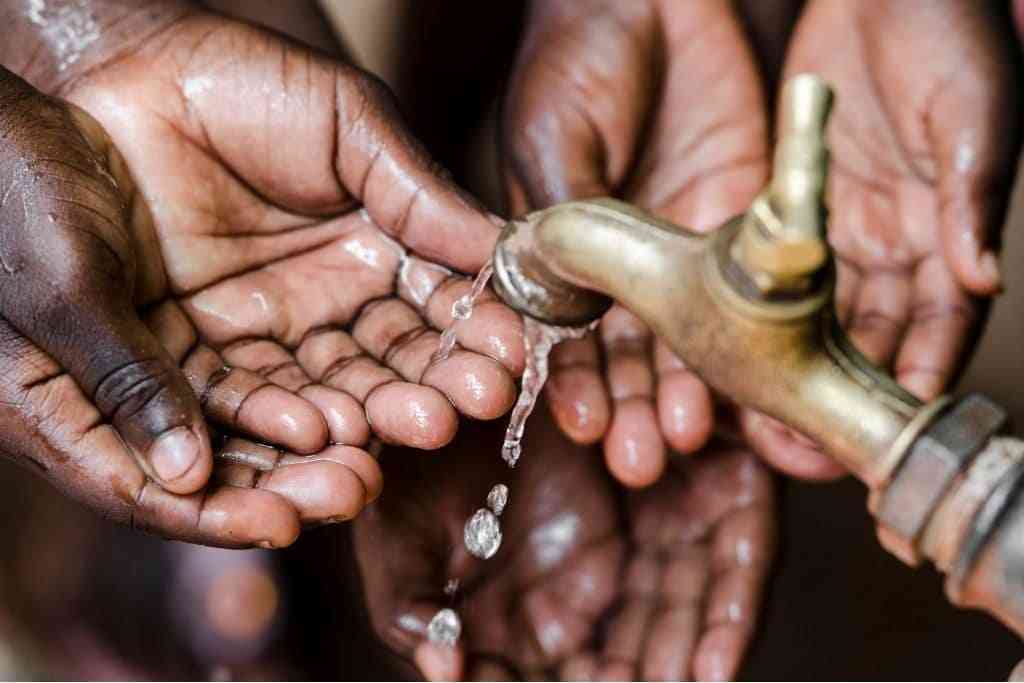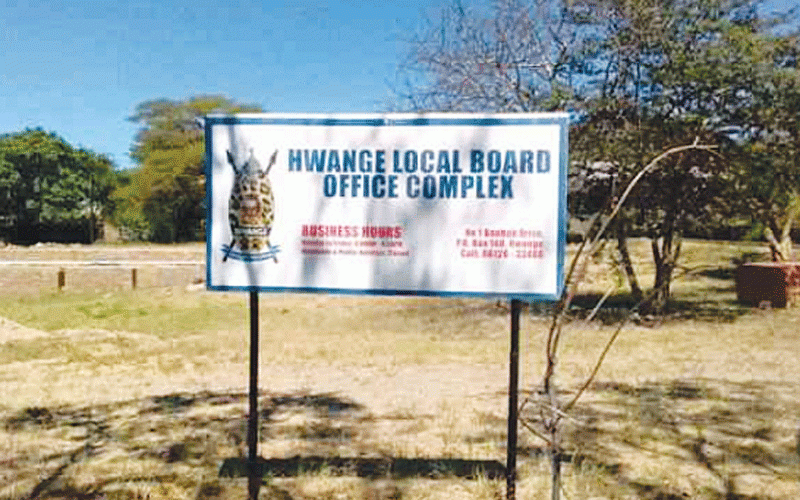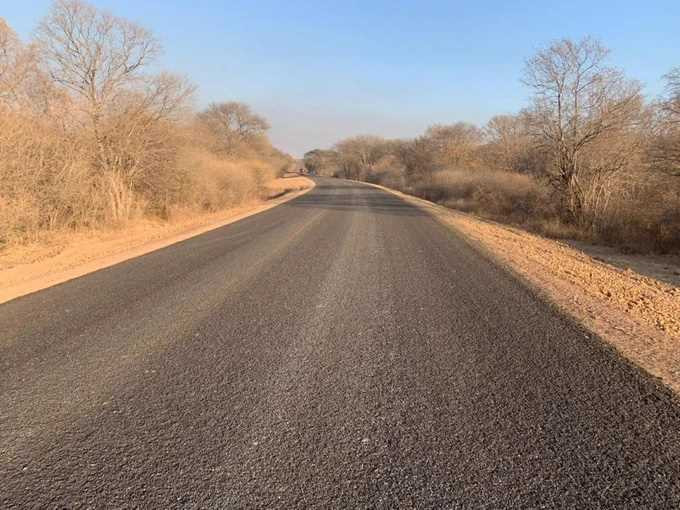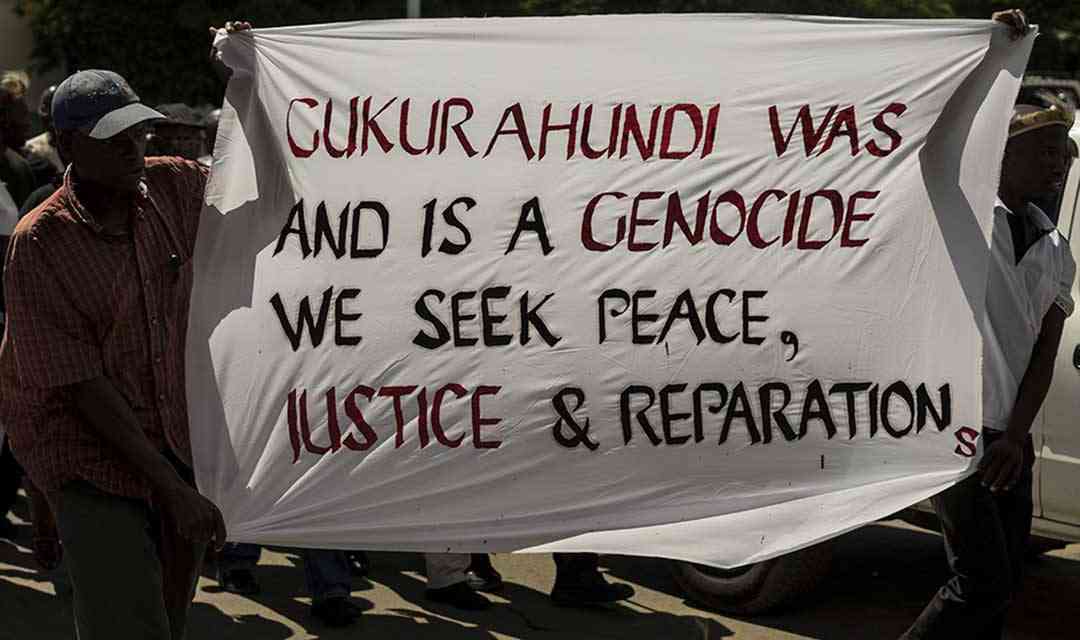
ZAPU has described the ongoing Gukurahundi outreach programme as a “disaster we saw coming”, accusing government of rolling out a flawed and insensitive process that risks re-traumatising survivors instead of fostering reconciliation.
Zapu leader Sibangilizwe Nkomo said chiefs lacked the autonomy and independence required to manage such a delicate process.
“Despite all the early warning signs, outcry from the public and premonition from Zapu, about the dangers and senselessness of conducting an illegal, flawed and one-sided programme meant to address the Gukurahundi genocide, President Emmerson Mnangagwa in his typical arrogant and narcissist style proceeded to commission and bless the chiefs to preside over a project that was clearly set to fail,” Nkomo said in a statement.
The chief-led outreach programme was billed a landmark step towards finding closure to the 1980s mass killings in Matabeleland and Midlands.
An estimated 20 000 people, mainly Zapu supporters, were killed during a military campaign led by the North Korea-trained 5 Brigade unit.
Scholars have described the killings as genocide.
Reports from Matabeleland suggest the chief-led outreach process is faltering, with several meetings being cancelled due to poor attendance or lack of resources.
Survivors have been left distressed, with some elderly women reportedly collapsing in anguish as they relived painful memories.
- Ziyambi’s Gukurahundi remarks revealing
- Giles Mutsekwa was a tough campaigner
- New law answers exhumations and reburials question in Zim
- Abducted tourists remembered
Keep Reading
In some cases, Nkomo claimed, villagers were blocked from asking questions, while rapporteurs allegedly took down the names of those who remained silent.
“There is even a case where a chief allegedly forced his subjects to attend the meetings or risk the unleashing of a new wave of Gukurahundi,” Nkomo said.
He also questioned the credibility of official figures, after State media reported identical attendance of 5 000 people in each province.
“The similarities in the figures, without accompanying progress reports, raise questions of authenticity given the resistance from communities,” he argued.
The Zapu leader said the programme, in its current form, offered little in terms of justice or closure and called for an inclusive, and independent process involving survivors, families of victims, churches, civil society, lawyers, academics, media practitioners and regional actors with experience in reconciliation, such as South Africa and Rwanda.
“The outreach programme is a small poultice attempting to cover a large festering wound,” Nkomo said.
“It is way too inadequate to offer meaningful redress much less healing and closure.”
Gukurahundi remains one of Zimbabwe’s darkest chapters.
Although the 1987 Unity Accord between Zanu and Zapu ended the violence, government has been accused of suppressing debate and sealing key reports, leaving survivors without justice or redress for decades.
Nkomo said unless the process was overhauled, it risked compounding the pain of survivors.
“This is not merely a regional issue but a national sore.
“Let us all be open and sincere in dealing with it,” he said.

